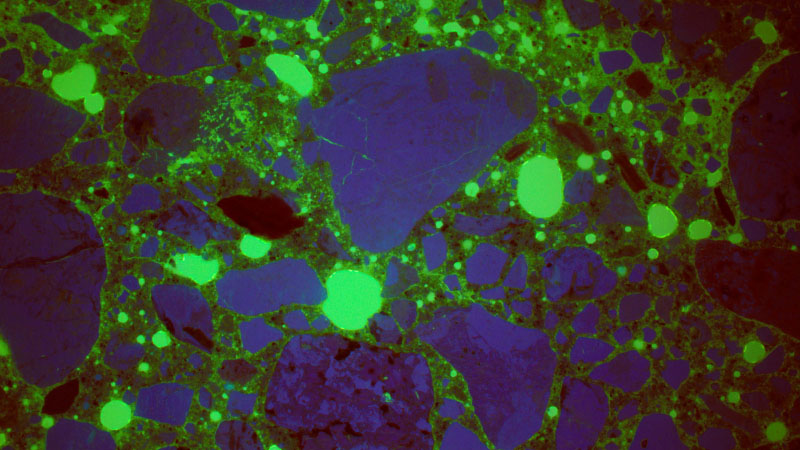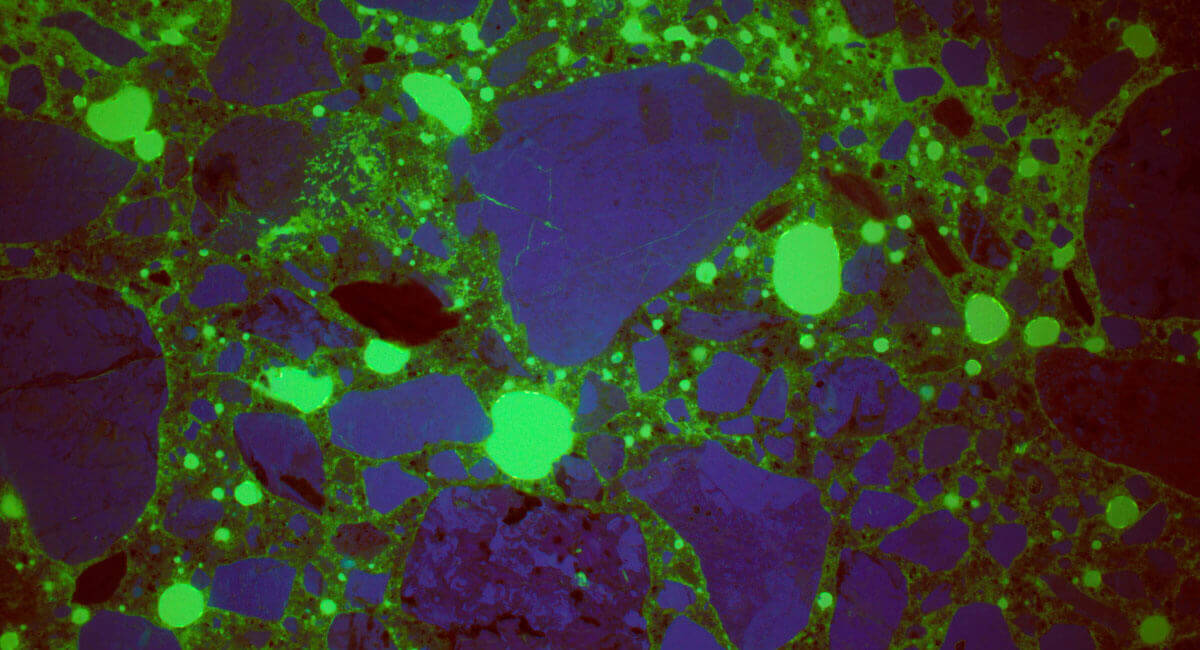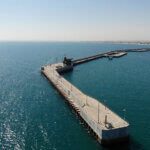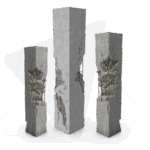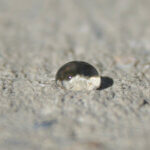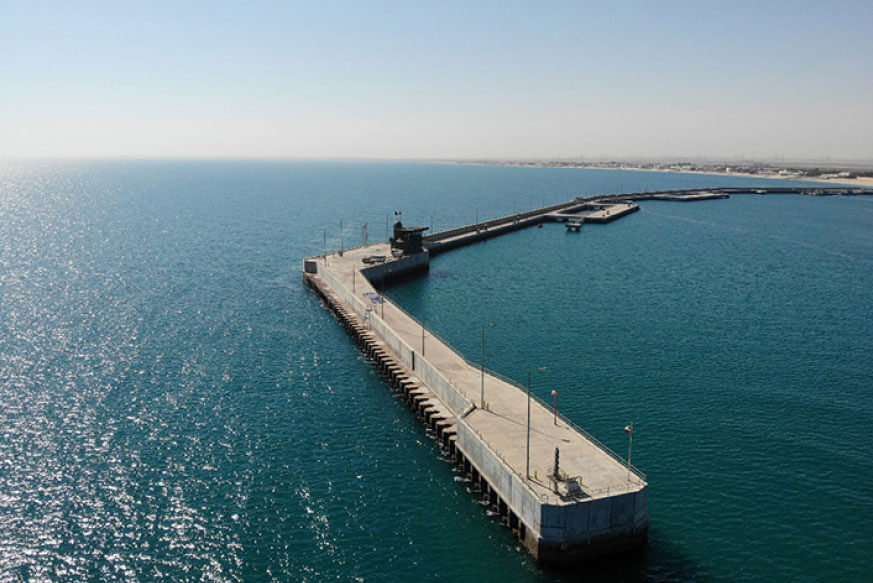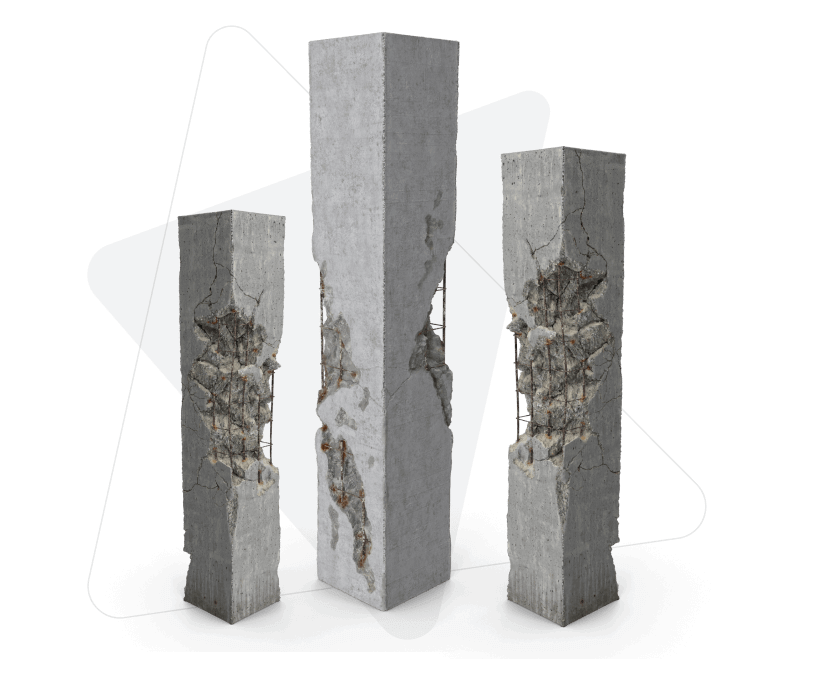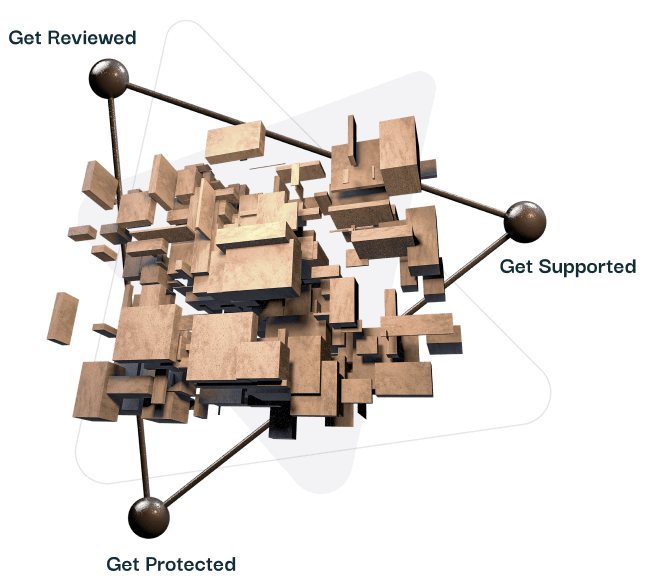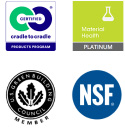Radon Gas is the Second-Largest Cause of Lung Cancer in the World
Radon is a mono-atomic gas that is the second-largest cause of lung cancer in the world. Radon gas is released by the natural decay of minerals commonly found in soil, granite, and building materials such as concrete. The study found that the primary parameters of radon exhalation in building materials are; permeability, porosity, moisture, pressure gradient, and temperature of the material. Due to the controlled nature of the study, temperature and pressure gradient were set equal to focus on the effects of permeability, porosity, and moisture content as a transport mechanism for radon.
Alternate Strategies to Reduce Radon Exhalation
A typical strategy to reduce radon exhalation is to add fly ash to the concrete mix. As the world transitions away from the use of coal-fired electrical generation once reliable sources of fly ash are becoming harder to secure and alternative strategies need to be found.
The study aimed to find an admixture that could hinder the free transport of moisture and radon through concrete. The researchers theorized that an additive that could hinder the free transport of water from the concrete surface by clogging the pores might directly affect the radon diffusion rate within concrete. Experiments were devised to test this hypothesis and to evaluate Hycrete’s effectiveness at lowering radon diffusion in comparison to fly ash.
Hycrete Outperformed the Control Sample and the Fly Ash Mix
Three identical concrete samples were placed through a series of testing where the only difference in the mixes was the addition of Hycrete to one sample, and the substitution of Portland cement with fly ash in another. The third concrete cube was used as a control. The three cubes were cured in a water bath for one week and then stored in a conditioning room at 23°C and 50% RH (relative humidity) for 22 months. Measurements were taken using an ATMOS 33 ionizing pulsation chamber at 5 different occasions to measure the exhalation rate of radon in the three samples. Hycrete outperformed the fly ash mix by 25% and a 39% improvement over the control in moist concrete conditions with a higher RH value (77.5 %+).
Researchers Concluded the Use of Hycrete Strongly Reduces the Diffusion Length of Radon
Researchers concluded it is likely that the use of Hycrete corrosion inhibitor strongly reduces the diffusion length of radon and less radon is able to reach the surface. Using the Hycrete additive may have a substantial impact on the radon gas exhalation rate of concrete and consequently the radon gas level within a room. The results demonstrated the significance and effectiveness of an additive to reduce radon levels in building materials.
To see the complete study, please visit https://sciendo.com/article/10.2478/ncr-2018-0002
For additional Testing Information, please see our testing summary.
